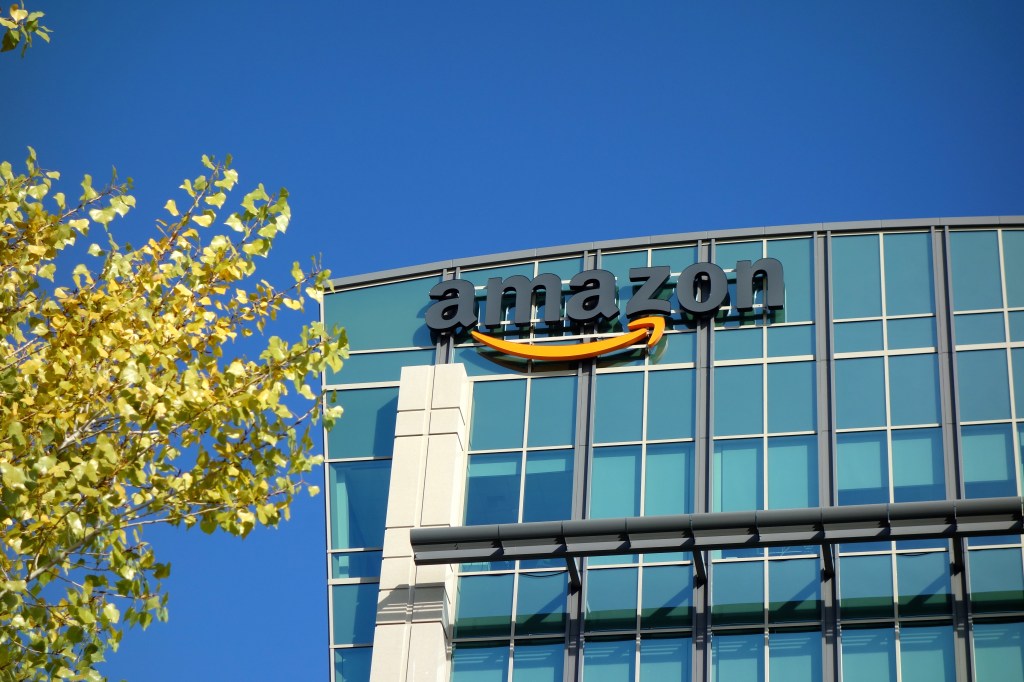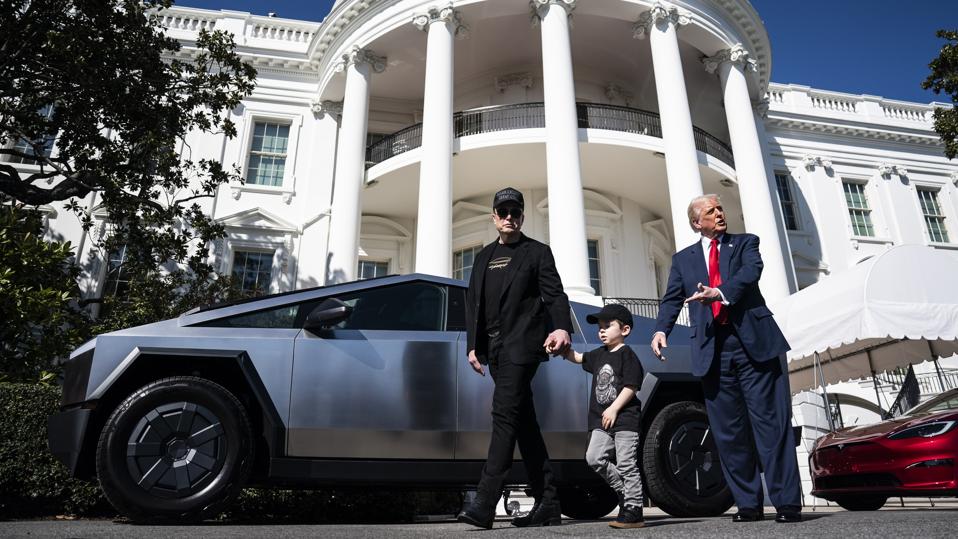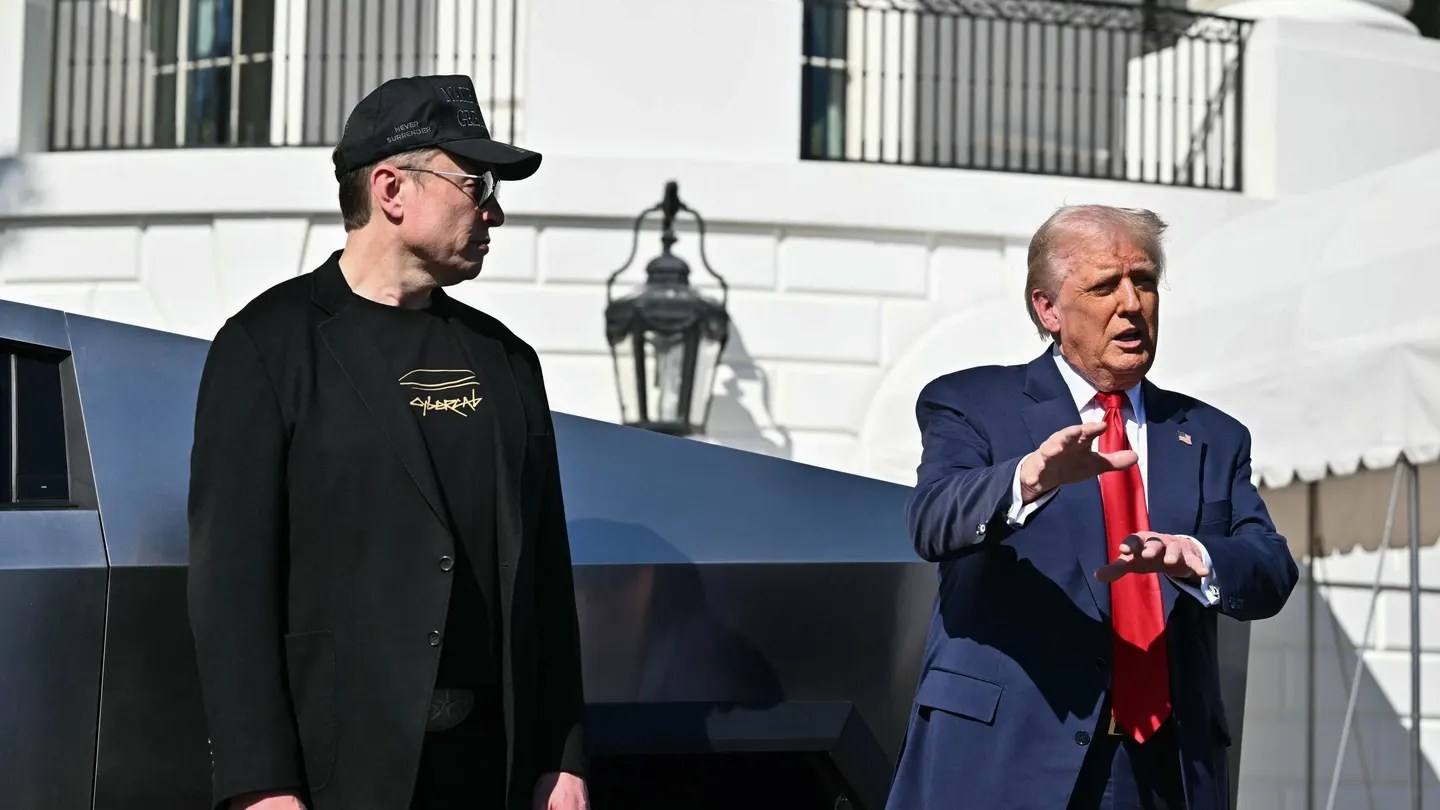Amazon’s proposed acquisition of Roomba maker, iRobot, has been scrapped over concerns from EU antitrust regulators.

The e-commerce giant’s bid to buy iRobot, the company behind robot vacuum cleaner, Roomba, has been terminated, with Amazon citing regulatory blocks as the cause, in a statement to press.
The deal, which was signed in August 2022 and reportedly worth US$1.4 billion, would have been Amazon’s fourth-largest deal ever, and signalled the US$1.7 trillion tech company’s move to entrench itself in the smart home device market (expected to be worth US$338.2 billion by 2030, according to Fortune Business Insights).
As part of the all-cash deal, iRobot investors were set to receive $61 a share – a 22% premium on the company’s closing share price the day prior tp the announcement, and CEO Colin Angle was to stay on in his position.
Why was Amazon’s iRobot deal terminated?
European antitrust regulators opened an investigation into the deal in July last year, and expressed concerns in November Amazon/iRobot deal could hinder competition because Amazon could choose to favour iRobot products on its online marketplace.
“Amazon may have the ability and the incentive to foreclose iRobot’s rivals by engaging in several foreclosing strategies aimed at preventing rivals from selling RVCs on Amazon’s online marketplace and/or at degrading their access to it,” the European Commission said in a statement.
“Such foreclosure strategies could restrict competition in the market for RVCs, leading to higher prices, lower quality, and less innovation for consumers.”
Amazon was reportedly working with the Commission on its objectives, but said in a statement on Monday that its acquisition “has no path to regulatory approval in the European Union.”
“Amazon and iRobot were excited to see what our teams could build together, and we’re deeply grateful to everyone who worked tirelessly to try and make this collaboration a reality,” Amazon’s SVP and general counsel, David Zapolsky, said.

“Mergers and acquisitions like this help companies like iRobot better compete in the global marketplace, particularly against companies, and from countries, that aren’t subject to the same regulatory requirements in fast-moving technology segments like robotics.
“Undue and disproportionate regulatory hurdles discourage entrepreneurs, who should be able to see acquisition as one path to success, and that hurts both consumers and competition—the very things that regulators say they’re trying to protect.”
It’s the first time Amazon has ever been blocked from buying another company.
What happens now?
Amazon will pay iRobot, which has a market cap of about US$400 million, a US$94 million termination fee, but things at iRobot are looking a little precarious. On January 26, the company announced it would lay off 31% of its workforce (about 350 people), CEO and founder, Angle, stepped down and shares in the company fell 10% on Monday.
Shares in iRobot have been tanking for some time – peaking in February 2021 at US$133, shares are down about 88% since then. That’s largely due to the company posting consistent losses since then. So far, losses are up to about US$550 million. iRobot even took on US$200 million in debt to fund its operations, which caused Amazon t slash its deal price by 15% to US$1.42 billion (instead of the original US$1.7 billion).
Angle said the termination was “disappointing”, but said iRobot would stay committed to building home innovations. The company’s executive vice president and chief legal officer, Glen Weinstein, has been appointed interim CEO, as the board goes on the hunt for Angle’s long-term replacement.
Regulatory crackdowns
But the block by the EU does signal a wider crackdown on competition in the tech industry. In fact, in Europe, Britain’s Competition and Markets Authority and the EU Commission have delayed or blocked a few deals of late, including Adobe’s Figma deal.
In November, the CMA suggested the deal would “eliminate competition” and “reduce innovation” by harming the UK’s digital design sector, and Adobe and Figma found there was “no clear path” to approval. Sounds familiar.
The CMA also ordered Meta to divest from Giphy in 2022, and delayed Microsoft’s Activision Bizzard acquisition by more than 12 months.
Look back on the week that was with hand-picked articles from Australia and around the world. Sign up to the Forbes Australia newsletter here or become a member here.


